Top 10 Mobile App Frameworks You Can’t Afford to Miss in 2025 – Build Faster, Smarter, and Better! 🚀
 ajit gupta
ajit guptaTable of contents
- What is a Mobile App Development Framework? 🤔
- 1. React Native – Best for Cross-Platform Development ⚛️
- 2. Flutter – The Future of Mobile UI 🚀
- 3. Ionic – Web Developers' Dream for Mobile Apps 🌐
- 4. Xamarin – Microsoft’s Powerhouse for .NET Developers 💻
- 5. Mobile Angular UI – Bootstrap + Angular for Mobile 📱
- 6. Adobe PhoneGap – Classic Choice for Hybrid Apps 📲
- 7. Appcelerator Titanium – JavaScript-Based Native Apps ⚡
- 8. Framework7 – The Most Customizable Framework 🎨
- 9. JQuery Mobile – Simple Yet Powerful 🎯
- 10. NativeScript – Truly Native Apps with JavaScript 🎯
- Comparison Table: Best Mobile App Development Frameworks
- Final Thoughts – Choose the Right Framework for You!
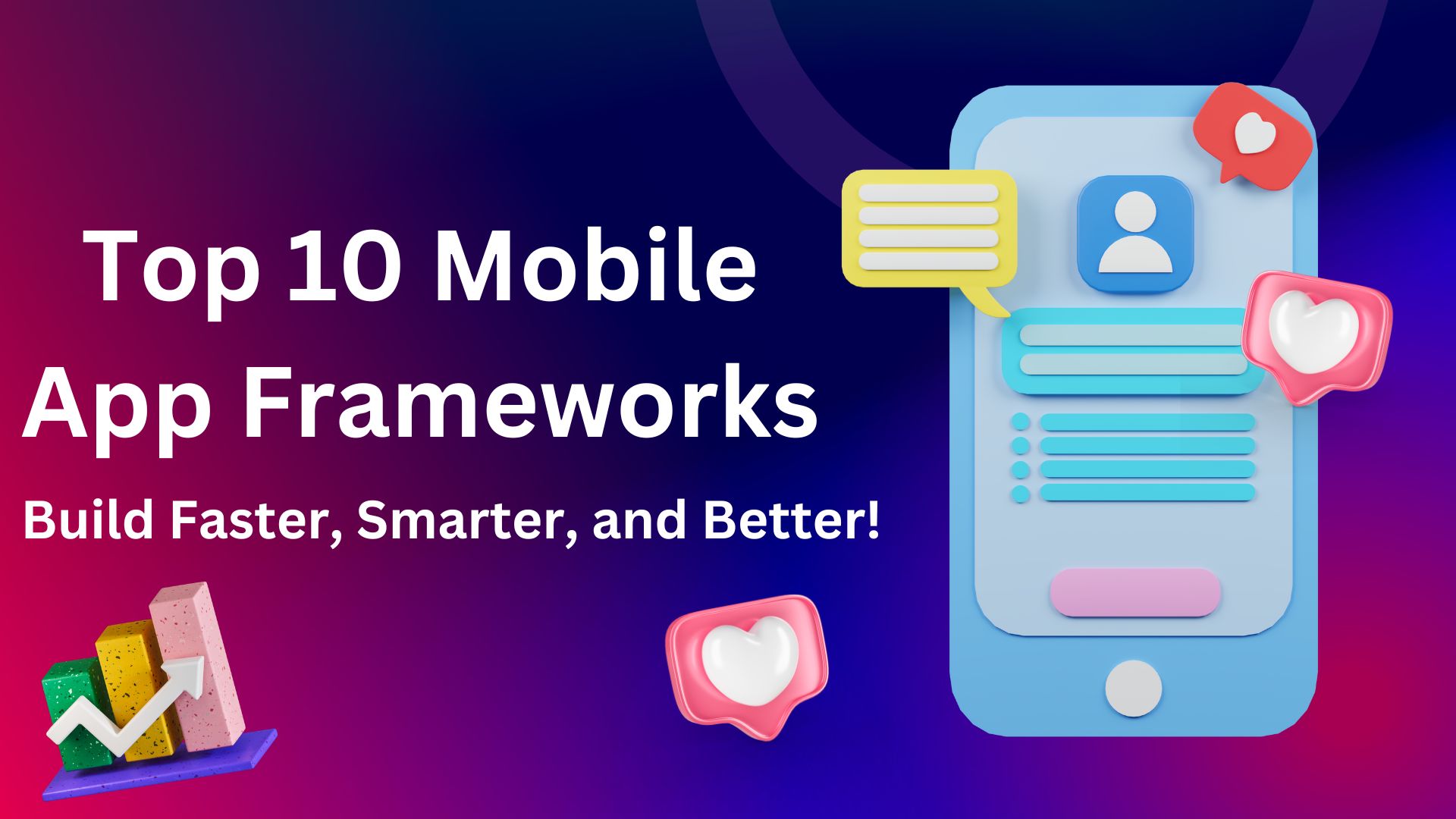
The mobile app development industry is evolving rapidly, and using the right framework is essential to stay ahead of the competition. Whether you're building iOS, Android, or cross-platform apps, choosing the best mobile app development framework can make a huge difference in speed, cost, and performance.
If you’re still wondering which framework to use in 2025, don’t worry—we’ve got you covered! This guide will walk you through the top 10 mobile app frameworks that will help you build efficient, high-performance apps with ease.
What is a Mobile App Development Framework? 🤔
A Mobile App Development Framework is a pre-built library or platform that provides a foundation for building mobile applications. It includes tools, APIs, and pre-coded components that make development faster and more efficient.
💡 Key Benefits of Using a Mobile App Development Framework:
✅ Faster Development: Reusable components and templates speed up coding.
✅ Cross-Platform Support: Write once, run on iOS, Android, and more.
✅ Cost-Effective: Reduces development time and cost by eliminating redundant work.
✅ Better Performance: Frameworks optimize apps for speed and efficiency.
Types of Mobile Apps
Before choosing a framework, it's important to understand the three main types of mobile apps:
1️⃣ Native Apps – Built specifically for iOS or Android using platform-specific languages like Swift or Kotlin.
2️⃣ Web Apps – Mobile-optimized websites that function like apps without requiring installation.
3️⃣ Hybrid Apps – A mix of native and web apps, allowing cross-platform development from a single codebase.
Now, let’s dive into the top 10 mobile app frameworks that will dominate in 2025! 🚀
1. React Native – Best for Cross-Platform Development ⚛️
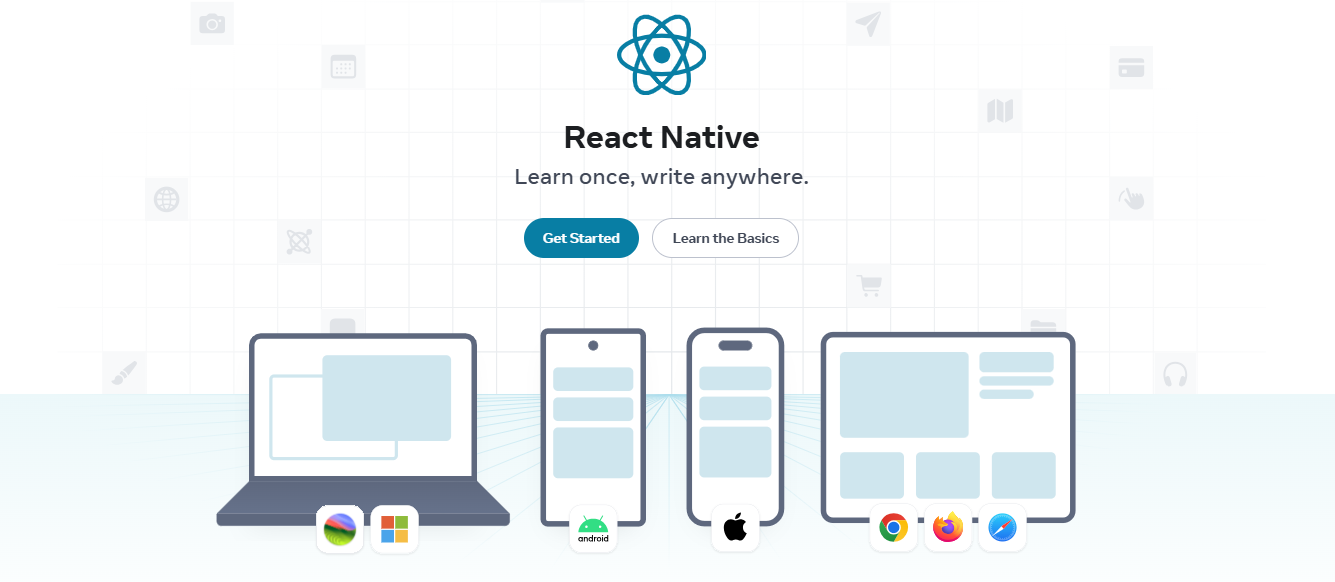
🔹 Developed By: Facebook (Meta)
🔹 Best For: Building iOS & Android apps with a single codebase
🔹 Why You Should Use It:
✅ Code reusability – Write once, run everywhere.
✅ Third-party plugin compatibility – Use native modules easily.
✅ Fast development with hot reloading – See changes instantly.
✅ Strong community support – Backed by Facebook and developers worldwide.
💡 Popular Apps Built with React Native: Instagram, Uber Eats, SoundCloud
🔗 Convert Colors Instantly! 🎨 | Free Online Color Converter
Easily convert HEX, RGB, HSL, and CMYK color codes with Utilshub’s Color Converter! Perfect for designers, developers, and creatives. Try it now!
👉 Convert Colors Instantly
2. Flutter – The Future of Mobile UI 🚀
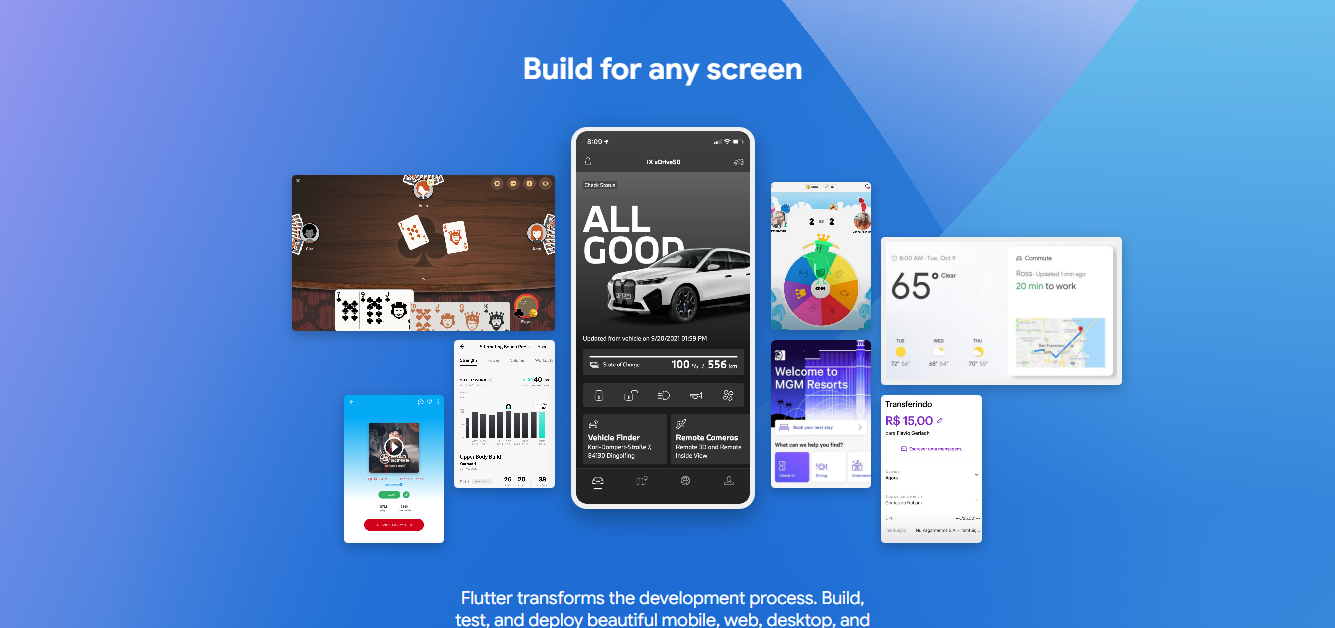
🔹 Developed By: Google
🔹 Best For: Developing visually stunning cross-platform apps
🔹 Why You Should Use It:
✅ Single codebase for iOS, Android, Web, and Desktop apps.
✅ Customizable widgets – Create beautiful UIs effortlessly.
✅ Fast rendering with Skia engine – 60 FPS animations.
✅ Google-backed with frequent updates & improvements.
💡 Popular Apps Built with Flutter: Google Ads, Hamilton, SpaceX Go
3. Ionic – Web Developers' Dream for Mobile Apps 🌐
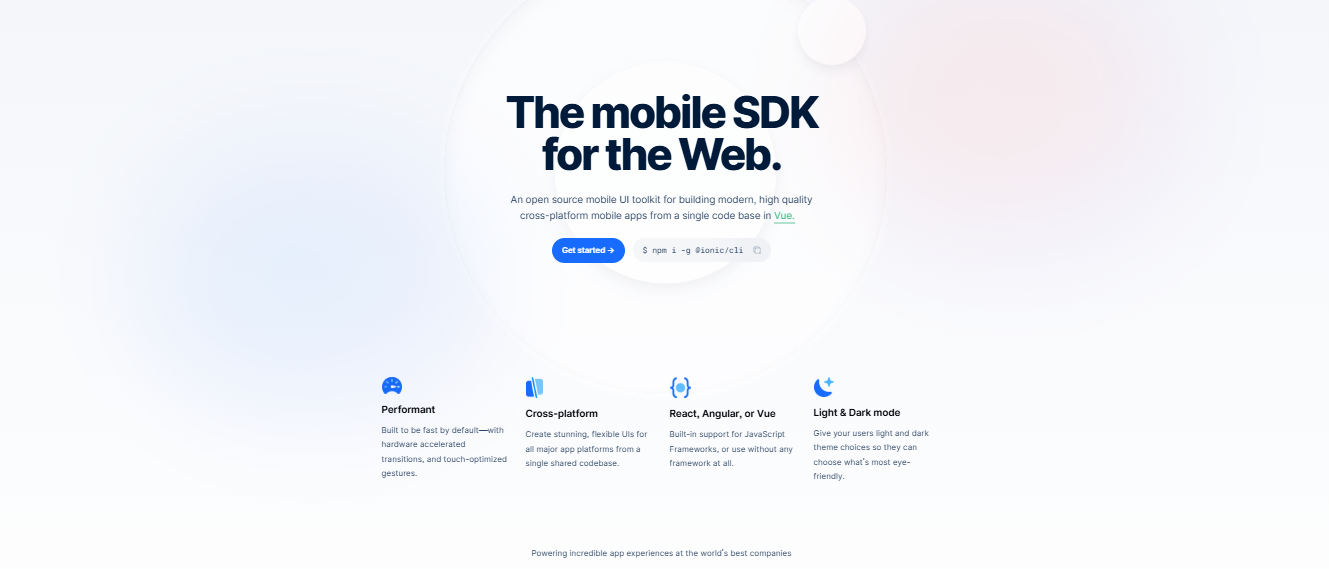
🔹 Developed By: Ionic Co.
🔹 Best For: Web developers transitioning to mobile development
🔹 Why You Should Use It:
✅ Uses HTML, CSS, and JavaScript – No need to learn a new language.
✅ Built-in UI components – Saves design time.
✅ Fast performance with Cordova and Capacitor plugins.
✅ Supports iOS, Android, and PWAs (Progressive Web Apps).
💡 Popular Apps Built with Ionic: MarketWatch, Amtrak
4. Xamarin – Microsoft’s Powerhouse for .NET Developers 💻
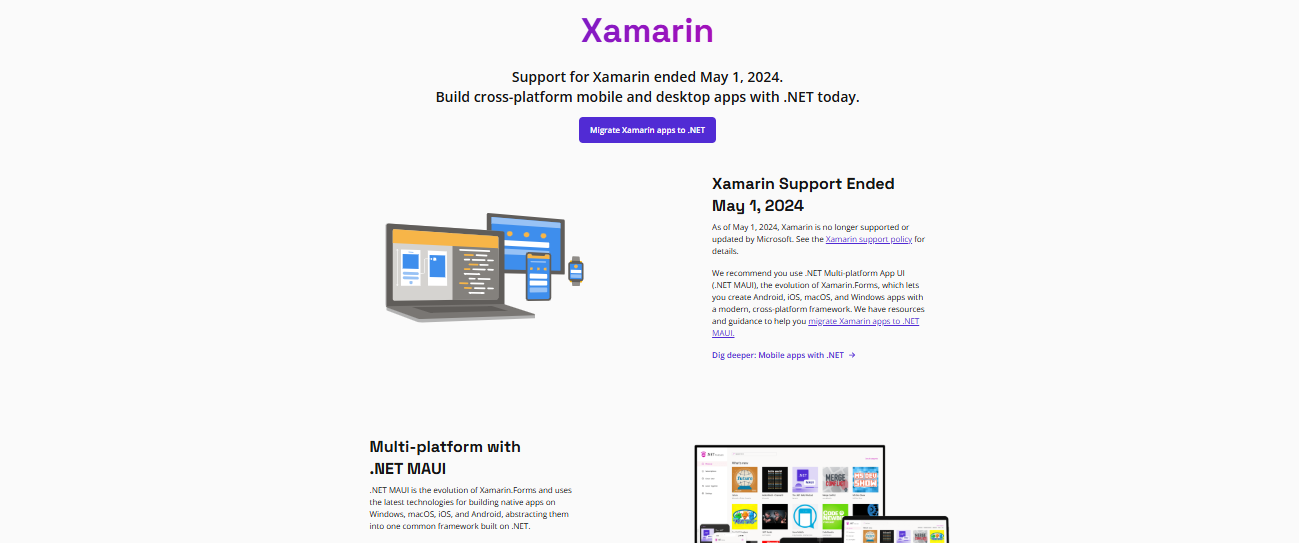
🔹 Developed By: Microsoft
🔹 Best For: Enterprise and .NET-based mobile applications
🔹 Why You Should Use It:
✅ Code-sharing across platforms – Saves development time.
✅ Native UI components – Better performance than hybrid frameworks.
✅ Strong Microsoft ecosystem support – Works with Azure, Visual Studio.
✅ Access to native APIs – Integrates with Swift and Kotlin.
💡 Popular Apps Built with Xamarin: Alaska Airlines, OLO, Storyo
5. Mobile Angular UI – Bootstrap + Angular for Mobile 📱
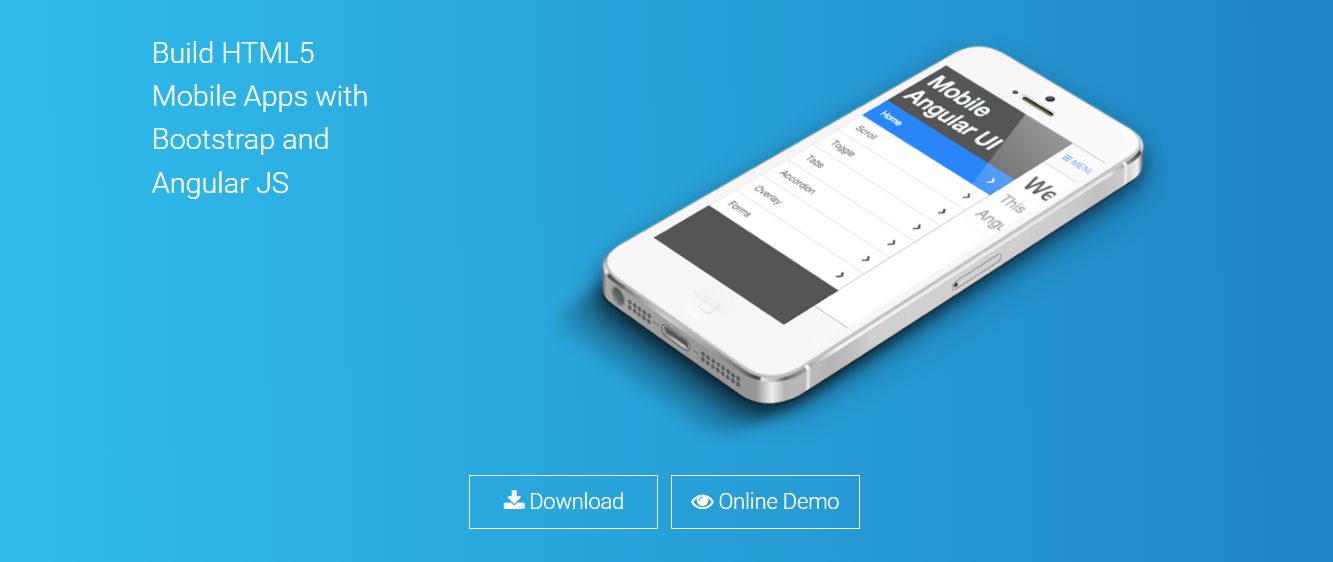
🔹 Best For: Developers familiar with Angular and Bootstrap
🔹 Why You Should Use It:
✅ Lightweight and responsive – Works across all devices.
✅ No jQuery dependency – Faster and more efficient.
✅ Supports fastclick.js & overthrow.js – Smooth UI interactions.
💡 Popular Apps Built with Mobile Angular UI: Hotelier News, iKeyBox
6. Adobe PhoneGap – Classic Choice for Hybrid Apps 📲
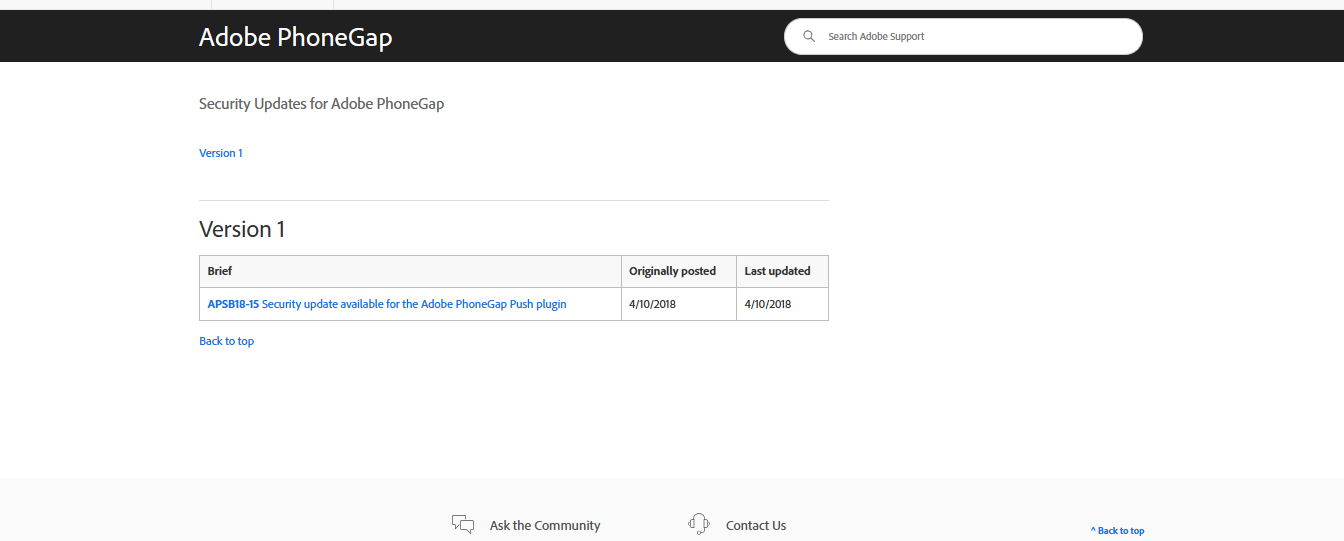
🔹 Developed By: Adobe
🔹 Best For: Building hybrid mobile apps using web technologies
🔹 Why You Should Use It:
✅ HTML5, CSS3, JavaScript support – Easy learning curve.
✅ Large plugin library – Extend functionality effortlessly.
✅ Cross-platform compatibility – Runs on iOS, Android, Windows.
💡 Popular Apps Built with PhoneGap: Wikipedia, TripCase
7. Appcelerator Titanium – JavaScript-Based Native Apps ⚡
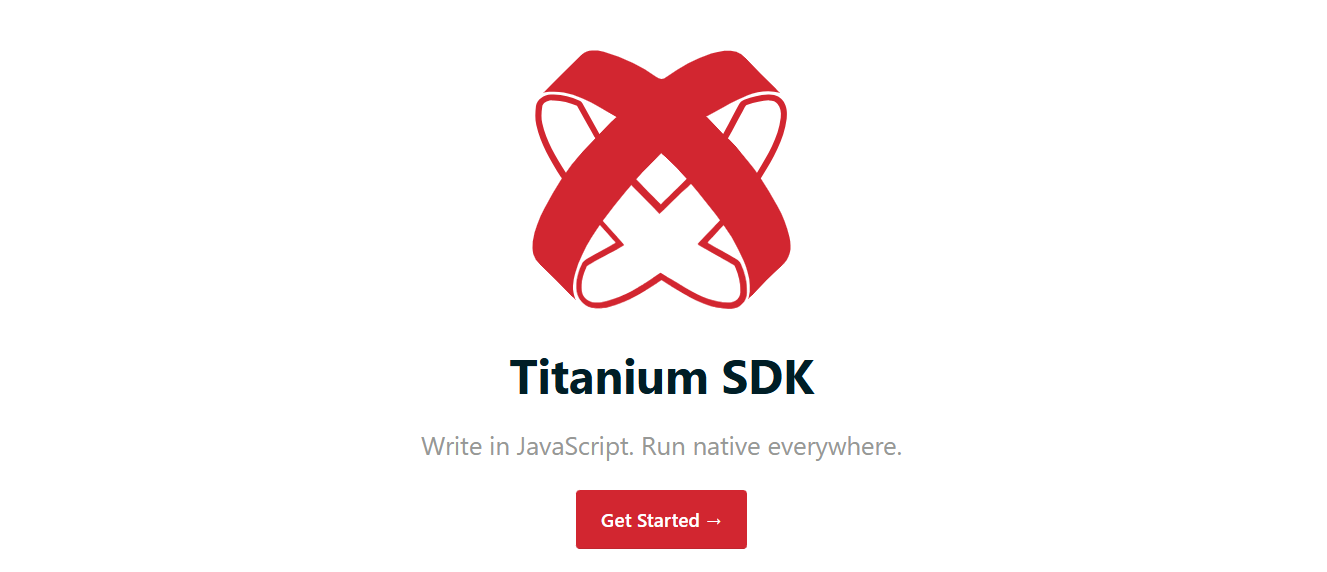
🔹 Developed By: Appcelerator Inc.
🔹 Best For: JavaScript developers who want near-native performance
🔹 Why You Should Use It:
✅ 5000+ APIs for easy integration with native features.
✅ Reusability of code up to 90% across platforms.
✅ Compatible with multiple operating systems.
💡 Popular Apps Built with Titanium: MIT, Comerica
8. Framework7 – The Most Customizable Framework 🎨
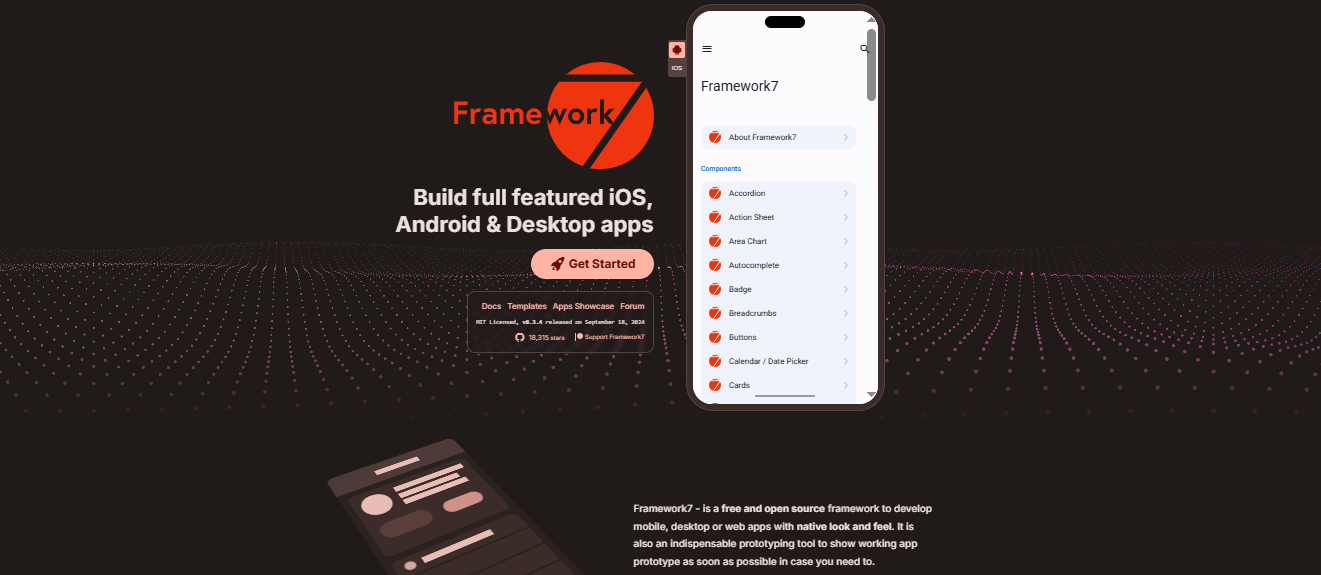
🔹 Best For: Developers who want complete UI freedom
🔹 Why You Should Use It:
✅ Supports Vue.js and React – Modern web technologies.
✅ Rich UI elements – Form elements, side panels, action sheets.
✅ Compatible with Electron & NW.js – Desktop-friendly.
💡 Popular Apps Built with Framework7: Wappler, Blokt
9. JQuery Mobile – Simple Yet Powerful 🎯
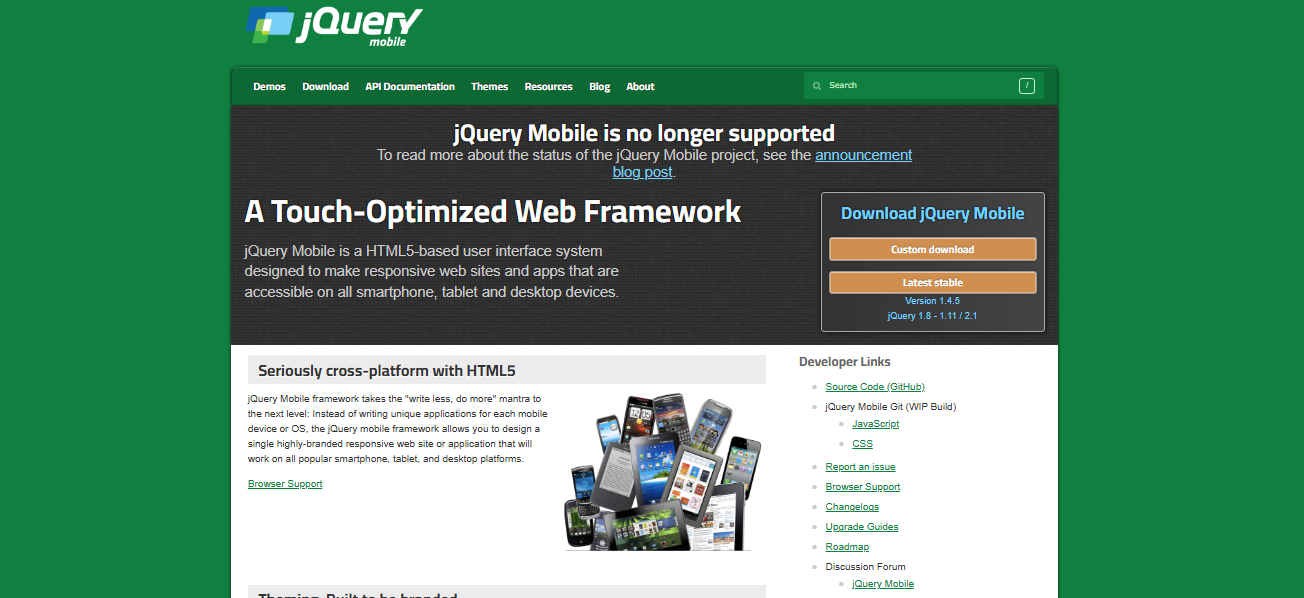
🔹 Developed By: jQuery Foundation
🔹 Best For: Quick development of lightweight mobile apps
🔹 Why You Should Use It:
✅ Cross-platform & cross-device support – Runs on all screens.
✅ HTML5-based with powerful theming options.
✅ Lightweight framework – Ideal for basic mobile apps.
💡 Popular Apps Built with JQuery Mobile: Untappd, Veev
10. NativeScript – Truly Native Apps with JavaScript 🎯
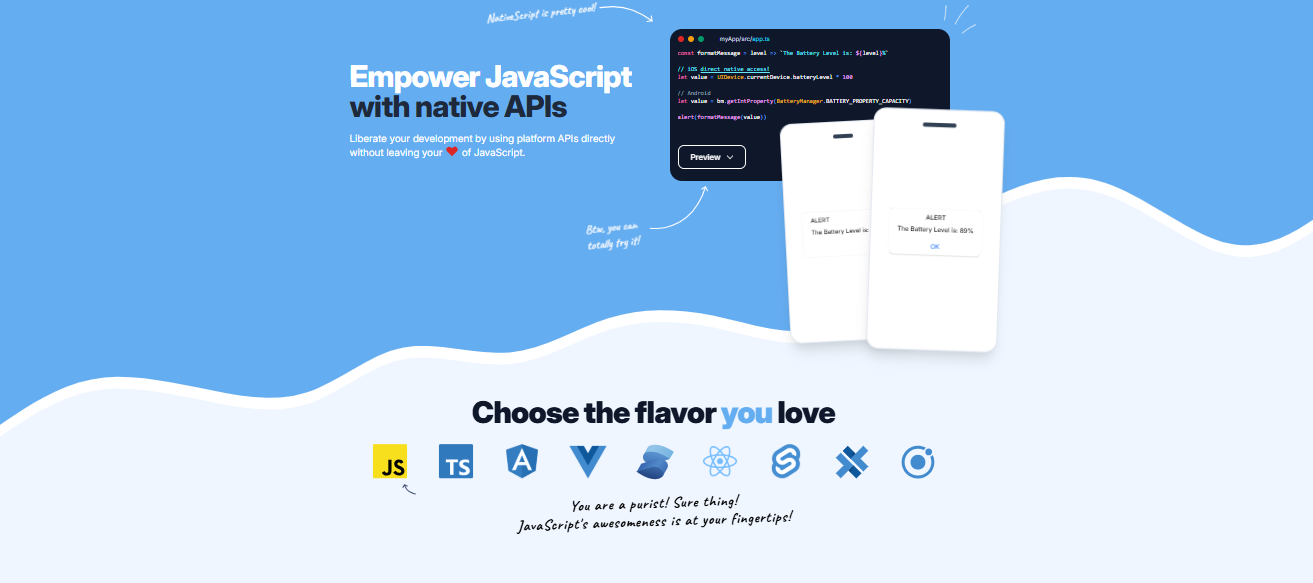
🔹 Developed By: Progress Software
🔹 Best For: Developers using Angular, Vue.js, or TypeScript
🔹 Why You Should Use It:
✅ Direct access to Android & iOS APIs – Full native performance.
✅ Single codebase for multiple platforms.
✅ Reusable UI components & strong backend support.
💡 Popular Apps Built with NativeScript: MayMyPhotos, Smart Evaluation
🔗 Beautify & Minify Your Code Instantly! 🚀 | Free Online Tool
Format, optimize, and compress your HTML, CSS, JavaScript, and more with Utilshub’s Code Beautifier & Minifier. Improve readability & boost performance effortlessly!
👉 Try it now!
Comparison Table: Best Mobile App Development Frameworks
| Framework | Best For | Key Benefit |
| React Native | Cross-platform apps | Fast, reusable codebase |
| Flutter | Beautiful UIs | High performance |
| Ionic | Web developers | Easy transition to mobile |
| Xamarin | .NET developers | Native API access |
| Mobile Angular UI | Angular users | Lightweight, responsive UI |
| PhoneGap | Hybrid apps | HTML5, CSS3, JavaScript support |
| Titanium | JavaScript devs | High code reusability |
| Framework7 | Custom UI needs | Supports Vue & React |
| JQuery Mobile | Basic apps | Lightweight, cross-platform |
| NativeScript | Angular/Vue devs | Direct API access |
Final Thoughts – Choose the Right Framework for You!
Now that you know the top 10 mobile app frameworks in 2025, it's time to pick the one that suits your project needs. Whether you're building a cross-platform app, a hybrid solution, or a native experience, these frameworks will streamline your development and improve app performance.
👉 Which framework are you using? Drop a comment below! 🚀
Subscribe to my newsletter
Read articles from ajit gupta directly inside your inbox. Subscribe to the newsletter, and don't miss out.
Written by

ajit gupta
ajit gupta
Hey! I'm a passionate Full-Stack Developer who loves turning ideas into scalable web apps. I specialize in NestJS, React, and MongoDB, and enjoy working on modern product experiences with clean UI and solid backend architecture. Currently exploring fintech integrations like Razorpay and PayPal. Follow me for practical coding tips, tutorials, and insights from real-world projects. Let’s build something awesome together! 🔥